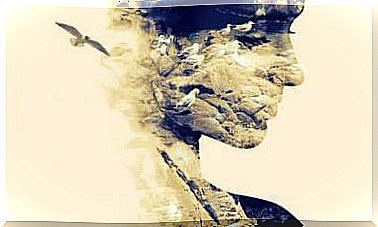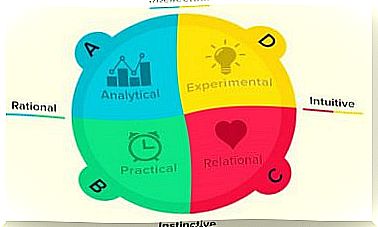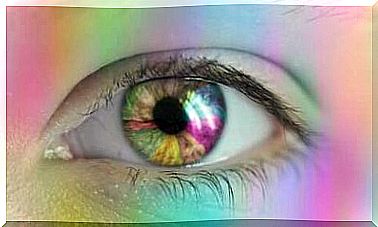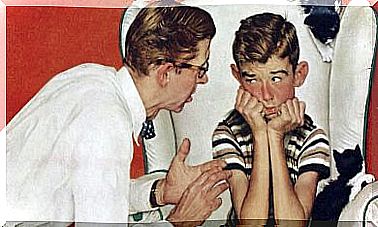Antonio Damasio, The Neurologist Of Emotions
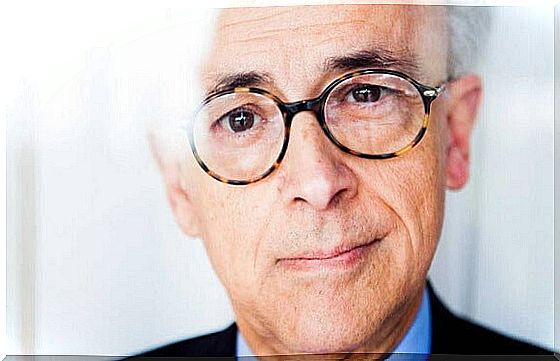
Antonio Damasio is said to be “the magician of the brain” and that thanks to him we understand mental processes in a different way. Professor of neurosciences, neurology and psychology at the University of Southern California and Prince of Asturias Prize in 2005, his studies on emotions and the mechanisms of consciousness make him an indisputable figure of reference.
It is possible that his name means something to us, that we have already admired him for years or that we have already read one of his books by chance. One of his best-known titles, And the Brain Created Man , already poses a whole different challenge to the general ideas we can have about this fascinating organ. Thus, the brain, far from being a mystery for Antonio Damasio, is a well-defined entity that gradually reveals its secrets thanks to its excellent work as a scientist and as a divider.
Moreover, some argue that Damasio is above all a neuro-philosopher, in addition to being a neuro-scientist. In his books, he describes the brain to us as an entity where not only our individuality, our emotional, ethical or moral worlds reside. It also includes society itself and our essence as humans. An essential aspect is repeated in large part in his work: “it is only when we have a deeper understanding of how the brain works that we will succeed in being happier”.
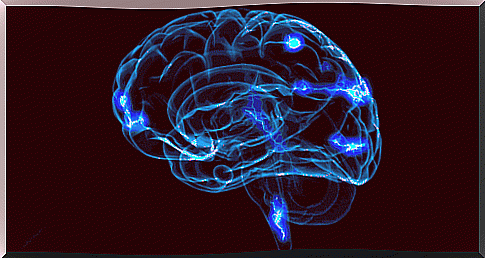
Antonio Damasio, a different neuroscientist
There are many neuroscientists of different classes. However, in the past, those who were marked by a mechanical and reductionist point of view found themselves in excess. It was those who told us, for example, that our daily thoughts, reflections and decisions were the result of a simple connection of a set of concrete neurons, in a specific area of the brain.
Good, but where is our consciousness in all of this? Is there a specific region capable of orchestrating it? And where do the emotions and feelings take place? Many of these scientists not so long ago smirked wryly at such ideas and questions. Currently, we have inspiring figures, like that of Antonio Damasio, who put aside this reductionist perspective to broaden their field of reflection and make us understand the importance of concepts like consciousness and the world of emotions.
Consciousness, in the first place, is not found in any concrete place in the brain. Consciousness is a process and an entity that is present in all species. In fact, according to Damasio, single-celled organisms like bacteria or amoeba even have a minimal sense of consciousness. They work to preserve their integrity, to survive. Thus, each organism, each living being has a more or less sophisticated level of consciousness thanks to which it can adapt to its environment and develop.
For our part, we have made a great evolutionary leap by including in our consciousness dimensions such as memory, imagination, creativity or logical reasoning.

Antonio Damasio: the world of emotions and feelings
Talking about Antonio Damasio is also like talking about Hanna Damasio, his wife who is also a neurologist with whom he works and conducts his research. She accompanies him to transmit their discoveries to the general public. Thanks to their research with different patients, the Damasio couple were able to gather several data which were used to formulate important hypotheses.
One of them is that emotions, in reality, are a collection of chemical and neural responses that create a distinct pattern. Antonio Damasio defined it as a “somatic marker”; with this name, it refers to the fact that we all have an emotional trace that makes us react or has an influence on us when it comes to highlighting certain behaviors or setting in motion a certain type of decision. In addition, according to this neuroscientist, emotions precede feelings.
Let’s take an example: we are walking in the street and suddenly we hear a cry. What we feel then is a physical reaction: our heart starts beating faster, we paralyze ourselves, our pupils dilate and we feel a sensation of alarm, of fear… Emotions, for Damasio, belong to the body and cause a series of determined chemical and organic alterations. Feelings come after emotions and have a deeper relationship with thoughts.
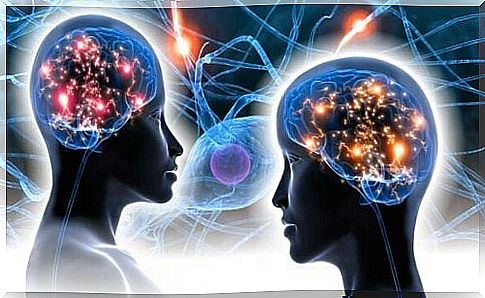
Antonio Damasio considers it very important to learn to see emotions and feelings as two separate things. It should also be borne in mind that the former precede the latter. Consider, for example, stress, these negative emotions that imprison us, the physical discomfort they cause and which makes us sick, these mental states that they cause in us: we begin to have more pessimistic thoughts and less flexible, we stop seeing solutions to everyday problems …
So, one of our goals should be to cultivate these positive emotions by continually thinking of the phrase “to be good to think better”. Despite everything, such a thing requires our body to feel good, safe from physical or psychological risks, quiet, in harmony …
This is something we can all experience, for example by practicing meditation or relaxation. A calm body translates into a calm, serene and centered mind, which thinks better and makes better decisions …

